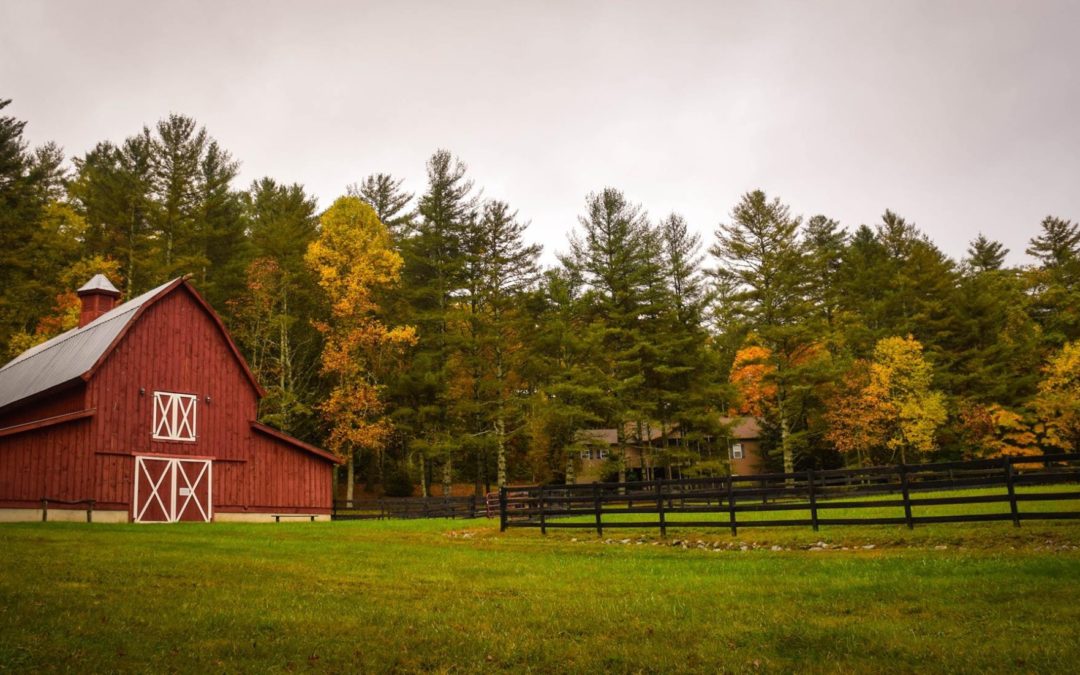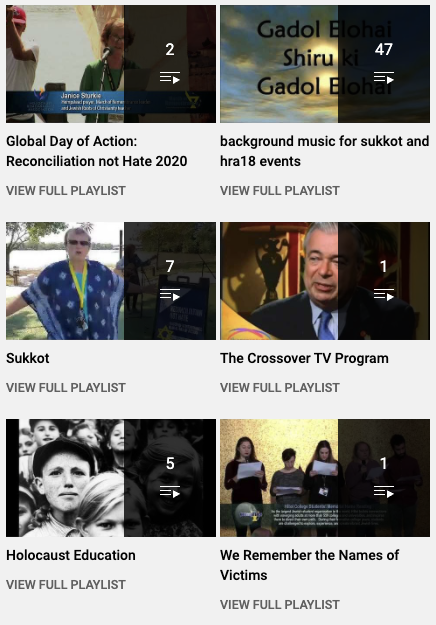by Diane Gatchel
I would like to share a bit about my family’s experiences during WW2, from stories I remember them sharing. They were raised here in America, but I would call them “Upstanders” because of the sacrifices they endured during that time.
My father was drafted into the Army early in the war and served in the South Pacific, mostly in New Guinea with the infantry. I remember him telling many war stories at the dinner table when I was a young child and teenager. He shared about how hard it was being in the steamy jungle, fighting off the bugs, eating K-Rations and engaging in combat and how many of his “buddies” were killed. My father suffered from malaria, which he caught in New Guinea. I remember that during my childhood, his malaria symptoms reoccurred many times, with chills and fever. It was a scary time for me because I didn’t want to lose my father. I was afraid he would die from the affects of the malaria. He also suffered a broken arm during his Army service, but thankfully came home whole. Two of his brothers and his brothers-in-law also served in the war. They all returned home.
My dad’s parents lived on a farm in west Texas where they grew cotton and were able to have a garden and cows and chickens. They were better off than most people in the city. They had 11 children, of which 10 survived to adulthood. Their children were grown by the time of the war and some of them lived close by on small farms as well and a few had moved to the city. They worked hard to make ends meet. They used oil lamps for lighting and used outhouses and cooked on woodstoves. My dad and his older brother had moved to Arizona to become “cowboys”, and then my dad was drafted.
My maternal grandparents lived in Arizona and had five children, including three sons. Then my grandfather died during the Great Depression. Two sons were drafted into the Army and fought in Europe. One teenage son remained at home during WW2, but later fought in the Korean War. My grandmother worked as a cleaning lady so it was very hard on her and she depended on her children to help with income. My mom lived at home and worked at the “Harvey House” restaurant, located next to the railroad. The railroad employed most of the people in that small town. Many troops came through there on their way to the war as it was on a main route to California, and she would serve them hot coffee and sandwiches. My mother spoke about the hardships people had at that time, when food and fuel were rationed and rubber tires were scarce. People salvaged tin cans, metal and rubber to be recycled for the war effort. They had to have black out curtains for their homes and the men conducted drills for preparedness in case of an attack. My mother spoke about hearing President Roosevelt’s Sunday addresses to the nation on the radio. But my mother and grandmother were blessed to live in a small community, where people helped each other in hard times.
Things were very difficult with families not hearing from their children for months, with the uncertainty of life as they had just gone through the Great Depression. Many young brides lost their husbands, and many were left with young children without a father. Many sons and daughters were lost, but they were willing to suffer to defeat an evil dictator and fight for the cause of freedom. For me, they are examples of “Upstanders”, people who would stand up for freedom and fight and do what they could to help the cause, whether serving in the military, working in a munitions factory, serving the community by planting a victory garden, or buying war bonds to help fund the war effort. Ordinary citizens who chose to make a difference.

